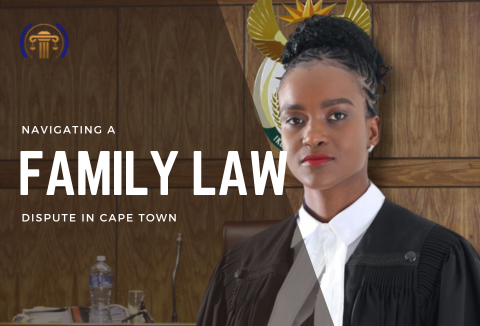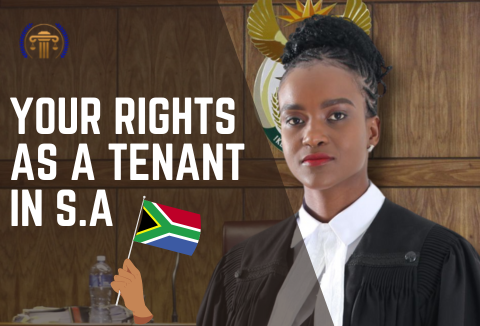Family law disputes can be emotionally challenging and legally complex. As individuals face life changes, understanding their rights and responsibilities is crucial. Let’s explore common family law issues in Cape Town and touch upon mediation as an alternative to litigation.
1. Divorce
Divorce is a significant life event that affects both spouses and their children. Key aspects include:
- Property Division: Determining how assets and debts are split between spouses.
- Child Custody and Visitation: Deciding where the children will live and how visitation will be arranged.
- Maintenance (Alimony): Ensuring financial support for one spouse after divorce.
2. Child Custody and Guardianship
Child custody disputes involve determining the best interests of the child. Considerations include:
- Physical Custody: Where the child will primarily reside.
- Legal Custody: Decision-making authority regarding the child’s education, healthcare, and religion.
- Visitation Rights: Ensuring both parents have meaningful time with the child.
3. Maintenance (Child Support)
Child maintenance ensures financial support for the child’s upbringing. Factors include:
- Financial Obligations: Determining the amount one parent must pay to the other.
- Changing Circumstances: Adjusting maintenance payments as circumstances change.
4. Mediation as an Alternative
Mediation offers an alternative to traditional litigation. Here’s why it’s beneficial:
- Collaborative Approach: Mediation encourages open communication and problem-solving.
- Cost-Effective: Mediation is often more affordable than court proceedings.
- Confidentiality: Discussions in mediation remain private.
- Child-Focused Decisions: Mediation prioritizes the child’s well-being.
- Flexible Solutions: Parties work together to find mutually acceptable solutions.
5. The Role of the Family Advocate
The Family Advocate assists in child-related matters, including:
- Mediation in Custody Disputes: Encouraging parents to reach amicable agreements.
- Best Interests of the Child: Advocating for the child’s welfare.
Remember, navigating family law disputes requires empathy, legal knowledge, and a focus on positive outcomes. Consider seeking professional advice from attorneys or mediators to protect your rights and find peaceful resolutions.









